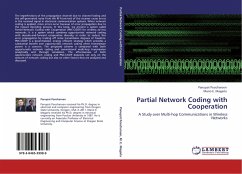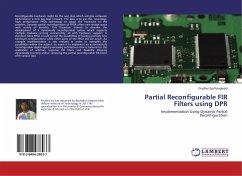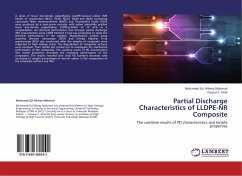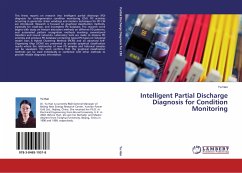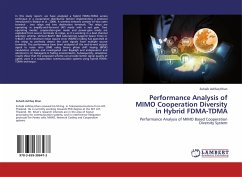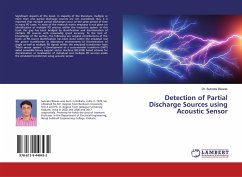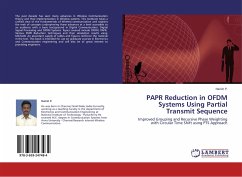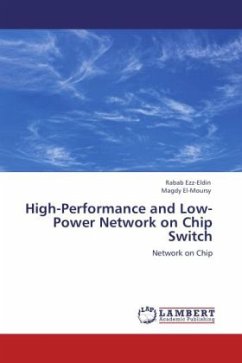The imperfections of the propagation channel due to channel fading and the self-generated noise from the RF front-end of the receiver cause errors in the received signal in electronic communication systems. When network coding is applied, more errors occur because of error propagation due to the inexact decoding process. In this book, we present a system called Partial Network Coding with Cooperation (PNC-COOP) for wireless ad hoc networks. It is a system which combines opportunistic network coding with decode-and-forward cooperative diversity, in order to reduce this error propagation by trading off some transmission degrees of freedom. PNC-COOP is a decentralized, energy efficient strategy which provides a substantial benefit over opportunistic network coding when transmission power is a concern. The proposed scheme is compared with both opportunistic network coding and conventional multi-hop transmission analytically and through simulation. The effectiveness of both opportunistic network coding and PNC-COOP depends not only on the amount of network coding but also on other factors that are analyzed and discussed.
Bitte wählen Sie Ihr Anliegen aus.
Rechnungen
Retourenschein anfordern
Bestellstatus
Storno

